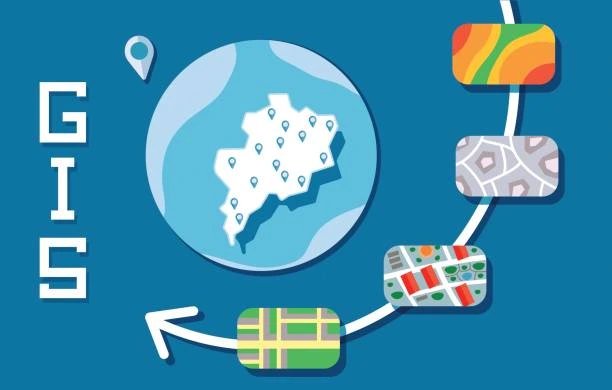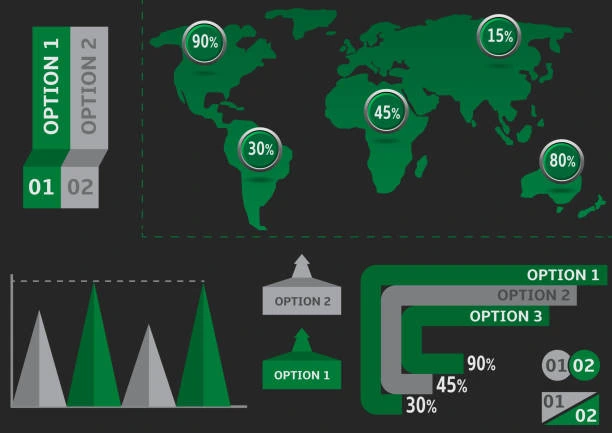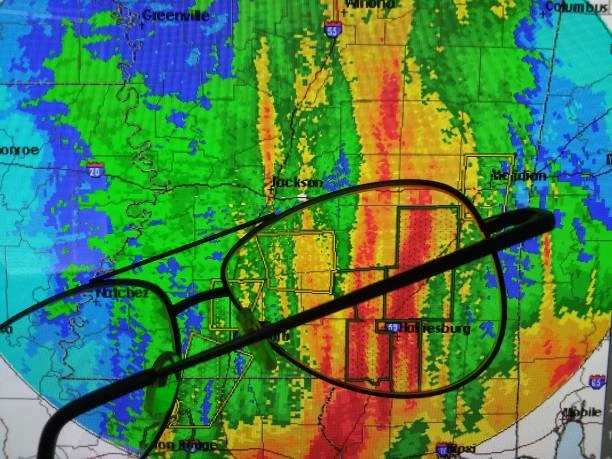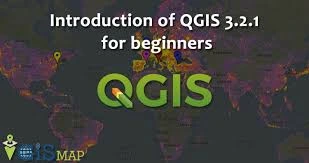Course Overview
This course provides an in-depth understanding of the use of Geographic Information Systems (GIS) in the fields of transportation and logistics. Participants will explore how GIS technology is applied to optimize route planning, manage transportation networks, improve logistics operations, and support decision-making in transportation management. The course covers key concepts, practical applications, and the integration of GIS with other technologies in transportation and logistics.
Course Duration
5 Days
Who Should Attend
- Transportation and logistics professionals seeking to enhance their GIS knowledge.
- Urban planners and engineers involved in transportation infrastructure.
- GIS specialists working in the transportation and logistics sectors.
- Supply chain managers and analysts looking to optimize logistics operations.
- Students and researchers in transportation planning and logistics management.
Course Objectives
By the end of this course, participants will be able to:
- Understand the role of GIS in transportation and logistics planning.
- Apply GIS tools to analyze and optimize transportation networks.
- Utilize GIS for route planning and fleet management.
- Integrate GIS with transportation management systems (TMS) for improved decision-making.
- Analyze spatial data to enhance logistics operations and supply chain management.
Course Outline:
Module 1: Introduction to GIS in Transportation and Logistics
- Overview of GIS technology
- Importance of GIS in transportation and logistics
- Key applications of GIS in the industry
Module 2: GIS for Transportation Network Analysis
- Mapping and analyzing transportation networks
- Identifying optimal routes and network efficiency
- Case studies of GIS in transportation planning
Module 3: GIS in Fleet Management and Route Optimization
- Utilizing GIS for route planning and optimization
- Managing and monitoring fleet movements with GIS
- Case studies on successful GIS applications in fleet management
Module 4: Integration of GIS with Transportation Management Systems (TMS)
- Overview of Transportation Management Systems (TMS)
- Integrating GIS with TMS for enhanced decision-making
- Practical exercises on TMS and GIS integration
Module 5: Advanced GIS Applications in Logistics and Supply Chain Management
- Spatial analysis for logistics and supply chain optimization
- GIS-based solutions for warehouse management and distribution
- Emerging trends in GIS for logistics, including real-time data and IoT integration
Customized Training
This training can be tailored to your institution needs and delivered at a location of your choice upon request.
Requirements
Participants need to be proficient in English.
Training Fee
The fee covers tuition, training materials, refreshments, lunch, and study visits. Participants are responsible for their own travel, visa, insurance, and personal expenses.
Certification
A certificate from Ideal Sense & Workplace Solutions is awarded upon successful completion.
Accommodation
Accommodation can be arranged upon request. Contact via email for reservations.
Payment
Payment should be made before the training starts, with proof of payment sent to outreach@idealsense.org.
For further inquiries, please contact us on details below:






